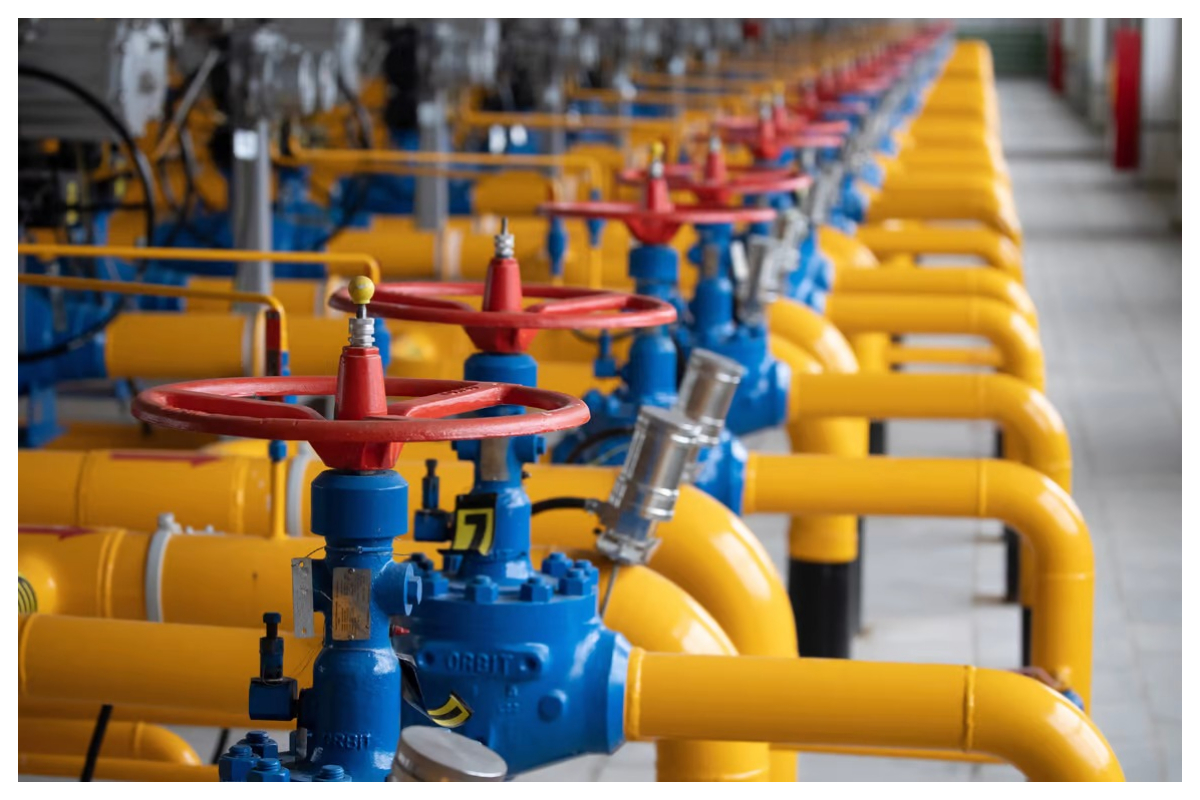- Gazprom accuses Latvia of violating terms for gas withdrawal.
- The announcement is latest escalation in Russia’s and European Union’s energy rivalry.
- Gazprom had already cut off annual gas deliveries to consumers in at least six European nations.
Gazprom, Russia’s state-owned energy corporation, said on Saturday that it has stopped sending gas to Latvia, accusing the Baltic country of “violating terms for gas withdrawal” but providing no other specifics.
The announcement is the latest escalation in Russia’s and the European Union’s energy rivalry. Gazprom had already cut off annual gas deliveries to consumers in at least six European nations, including Poland, Bulgaria, Finland, Denmark, Germany, and the Netherlands, for failing to make ruble payments.
In retaliation for Western sanctions placed on Moscow over its war in Ukraine, Moscow has demanded payments in rubles.
The sanctions have frozen large portions of Russia’s foreign reserves and barred its financial institutions from participating in the international banking system. Moscow is effectively forcing Europe to buy its currency by insisting on ruble payments.
The Gazprom news came just a day after Latvian energy business Latvijas Gaze declared it was importing gas from neighboring Russia, but not from Gazprom, and that it was paying in euros.
Earlier this month, the Latvian parliament approved a proposal to restrict Russian gas shipments beginning in January 2023.
Meanwhile, earlier this month, Gazprom sharply reduced flows via the Nord Stream 1 pipeline, blaming the West for delaying critical equipment owing to sanctions. Europe accused Russia of acting for political reasons.
The pipeline, which carried almost 35% of Europe’s total Russian gas imports last year, had been closed for 10 days for normal maintenance. When imports resumed last week, Nord Stream 1 was operating at 40% of its full capacity.
Germany declared a “gas crisis” and activated the second stage of its three-stage gas emergency program, bringing the country one step closer to restricting supply to industry.
The EU, of which Latvia is a member, decided last week to limit natural gas usage by 15% this winter in order to store gas “in order to prepare for probable disruptions in Russian gas supplies.”
However, by allowing countries enormous leeway, the EU has watered down its aspirations. As a result, the EU will exempt nations that are not connected to other members’ gas networks from the 15% target. as “they would not be able to free up significant volumes of pipeline gas to the benefit of other member states,” the EU Council said in a press statement.





















